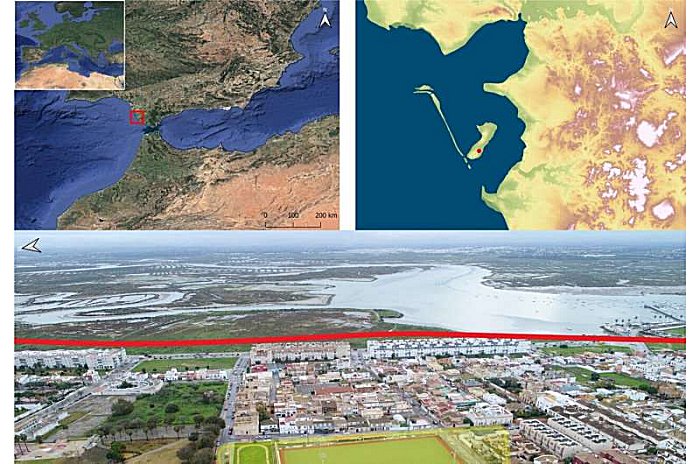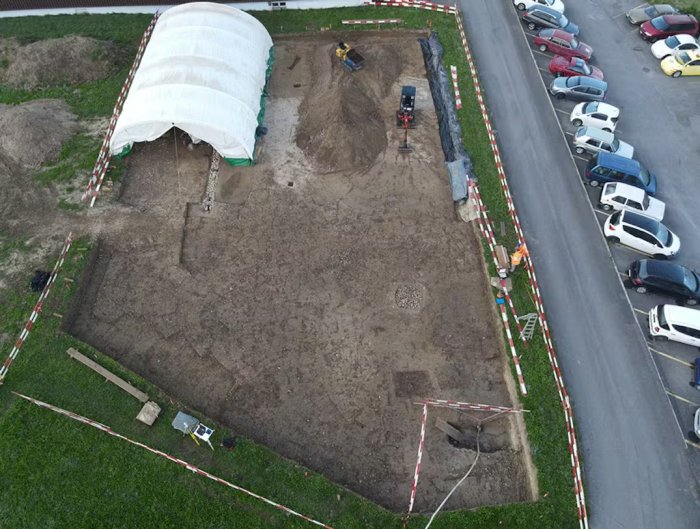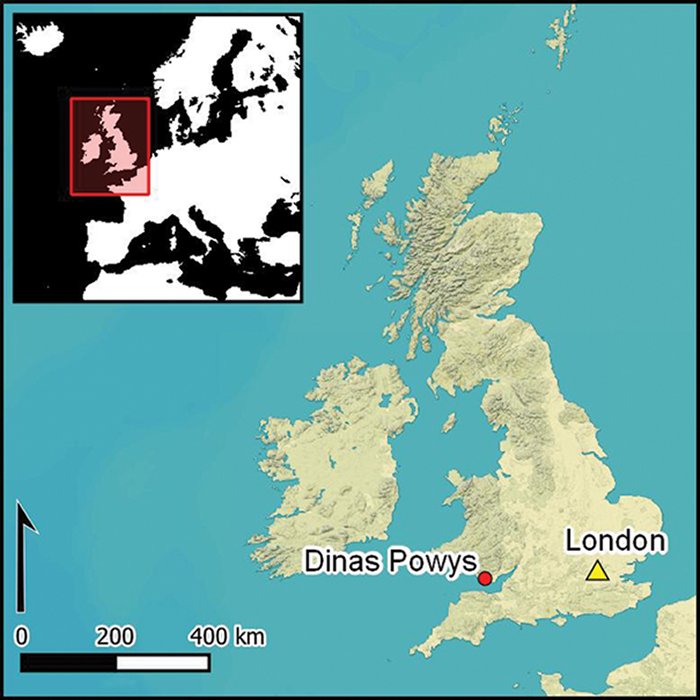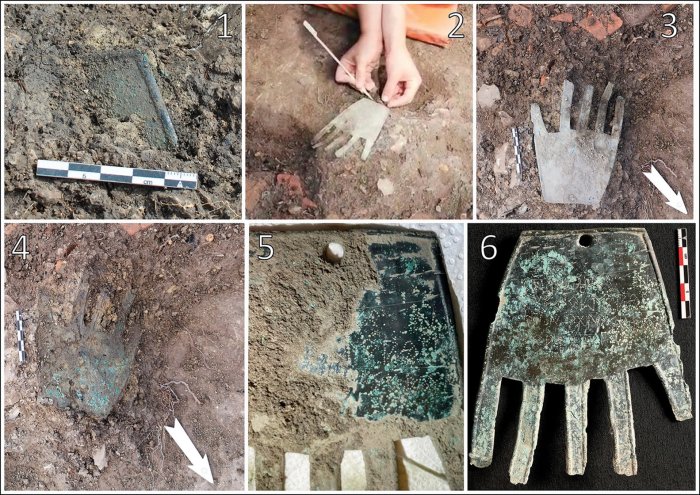Conny Waters – AncientPages.com – The oldest scale plans of human made megastructures are reported in the open access journal PLOS ONE on May 17, 2023.
The engravings, dated to between 7,000 and 8,000 years old, depict nearby desert kites, vast structures used to trap animals.

Landscape of Saudi Arabia where the engravings have been found. Credit: Olivier Barge, CNRS. CC-BY 4.0 (https://creativecommons.org/licenses/by/4.0/)
The ability to transpose large space onto a small, two dimensional surface represents a milestone in intelligent behavior, and boosts understanding of how kites were conceived and built.
Desert kites were first spotted by airplanes in the 1920s. They are sophisticated archaeological structures made up of walls up to 5km long which converge in an enclosure to trap animals bordered by pits. Such structures are visible as a whole only from the air, yet this calls for the representation of space in a way not seen at this time.
Rémy Crᴀssard of CNRS, Université Lyon, and colleagues, report two engravings that represent kites in Jordan and Saudi Arabia. In Jordan, the Jibal al-Khasabiyeh area has eight kites. A stone with a representation carved with stone tools measuring 80 cm long and 32 cm wide was found nearby and dated to around 7,000 years ago.
Zebel az-Zilliyat in Saudi Arabia has two pairs of visible kites 3.5km apart. Here a mᴀssive to-scale engraving measuring 382 cm long, 235 cm wide was excavated and the depiction was reportedly pecked rather than carved, possibly with hand picks. This was dated to around 8,000 years ago.
Plans like these would have been needed by the constructors as the whole layout is impossible to grasp without seeing it from the air. Until now, evidence for plans of large structures has been seen in rough representations, but these designs are extremely precise.
Although human constructions have modified natural spaces for millennia, few plans or maps predate the period of the literate civilizations of Mesopotamia and Ancient Egypt. These examples are the oldest known plans to scale in human history.
“The engravings, dated to between 8,000 and 9,000 years old, were discovered in Jordan and Saudi Arabia. They depict nearby desert kites that were human-made megastructures used to trap wild animals. Although human constructions have modified natural spaces for millennia, few plans or maps predate the period of the literate civilizations of Mesopotamia and Ancient Egypt,” add the authors.
“The ability to transpose large space onto a small, two dimensional surface represents a milestone in intelligent behavior. Such structures are visible as a whole only from the air, yet this calls for the representation of space in a way not seen at this time.”
Paper
Written by Conny Waters – AncientPages.com Staff Writer





